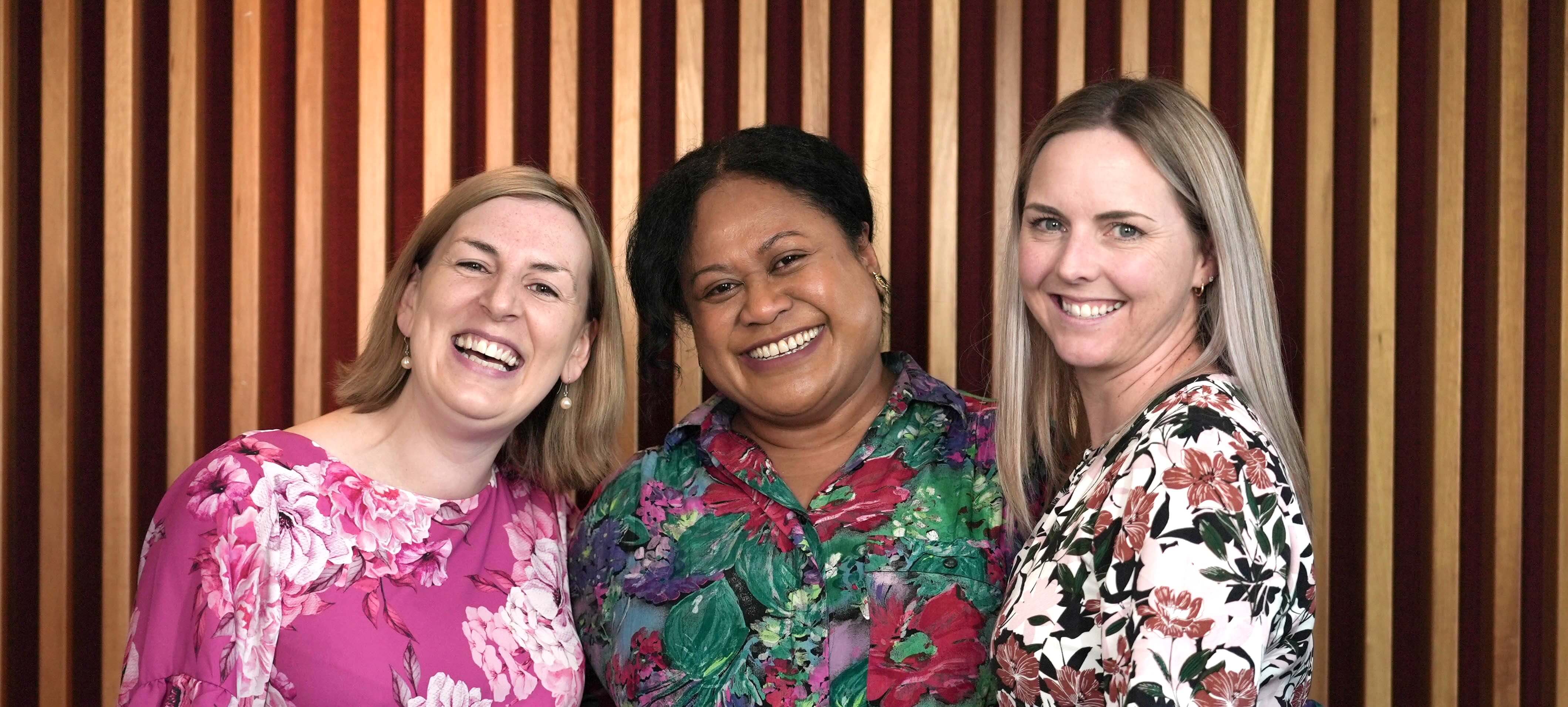
Can you give us an overview of the legal team at ESR and how you support the work of the organisation?
We are a small team of 3 (Kate Young, General Counsel; Kadia Turner, Legal Counsel; and Teisa Moce, Legal Coordinator) who provide legal support to around 600 staff across public health, forensic science, food and product safety, water and environment, and radiation science.
ESR is a Crown Research Institute, and the nature of its work means there is never a dull moment! Whether we are:
- providing privacy advice on health data that we hold,
- negotiating US contracts for our STRmix™ software,
- advising on Te Niwha contracts (infectious disease platform),
- advising on and reviewing Official Information Act responses, or
- advising on different legislation including the Criminal Disclosure Act and Health Act,
our days are filled with challenging and interesting work. We love that we get to work with smart scientists who are passionate about science and doing public good every day!
In-house legal are known to 'put out fires before they begin'. How does an in-house team mitigate and foresee risk before it arises?
ESR is both reactive and proactive in the science we provide communities – for example, our scientists carry out forensic services after a crime has been committed, and waste-water testing for disease was developed in response to COVID-19, but our research is also proactive by focusing on emerging threats overseas and pursuing scientific and technology advances that could be useful in the areas of science we delve into.
Our legal team helps ESR to mitigate risks by having robust processes set up to identify risks before they emerge (e.g. privacy risk assessments, contract approval and review processes, ad hoc training on key risks, and working closely with teams to understand their work and upcoming projects).
We are approachable and visible in our organisation, which means people reach out to us early. We are also focusing on providing more self-help tools to enable staff to start the ball rolling themselves.
What are the key challenges facing the team and how do you plan to address these?
It can be challenging having such a small team to service an organisation of ESR’s size. We work closely together to prioritise work urgency and distribute pieces of work based on skill sets and availability. Where needed, we will also outsource work to external law firms.
The breadth of work that ESR is involved in has meant that we are constantly becoming involved in new and different areas of law. For example, forensic investigative genealogy, intellectual property relating to health and forensics, complex IT projects, overseas forensics projects, insurance, construction, employment-related advice…the list goes on.
We are fortunate that our work is so varied, but it can be challenging when we need to come up to speed with something new and the volume of work can make this difficult. We are working through this challenge, but it’s a good challenge to have!
What strategies and initiatives has your legal team implemented to foster an effective team culture?
We are a very close-knit team. We foster an effective team culture in many ways: we start each week with a debrief from each staff member on their weekends and their upcoming work, we celebrate work wins and personal wins (such as selling houses, graduations, engagements), we back each other up and support each other to foster trust, and we bring our authentic selves to work each day.
We regularly check in around what value we can add to ESR with a ‘legal wishlist’ of actions to ensure that we are working through proactive tasks, as well as the day to day reactive tasks. This helps our connectivity as a team and our connection to the wider organisation.